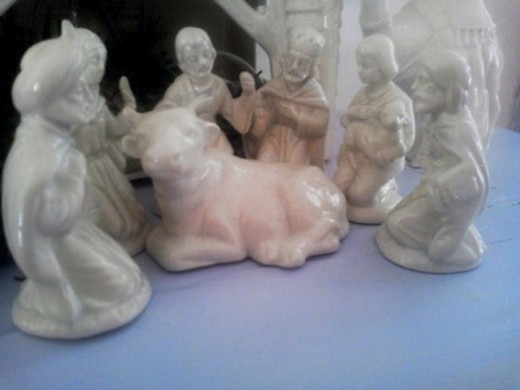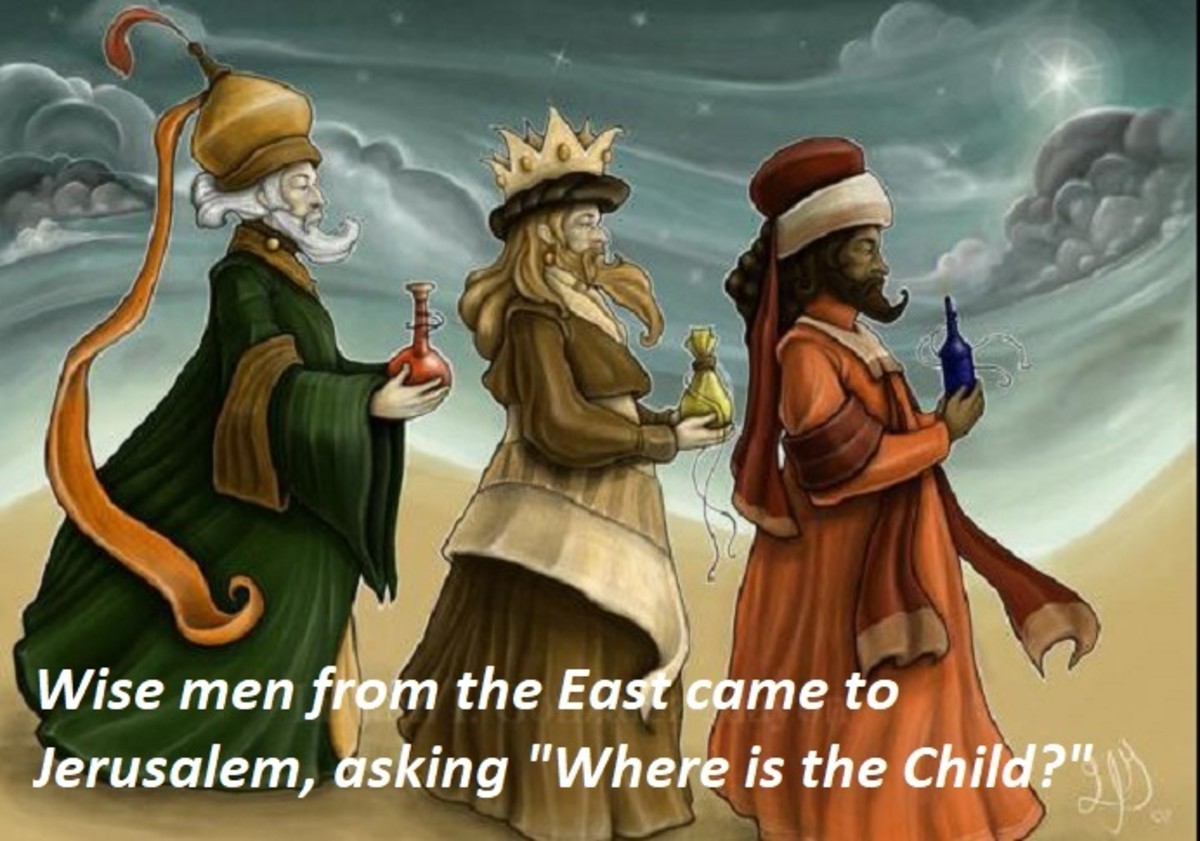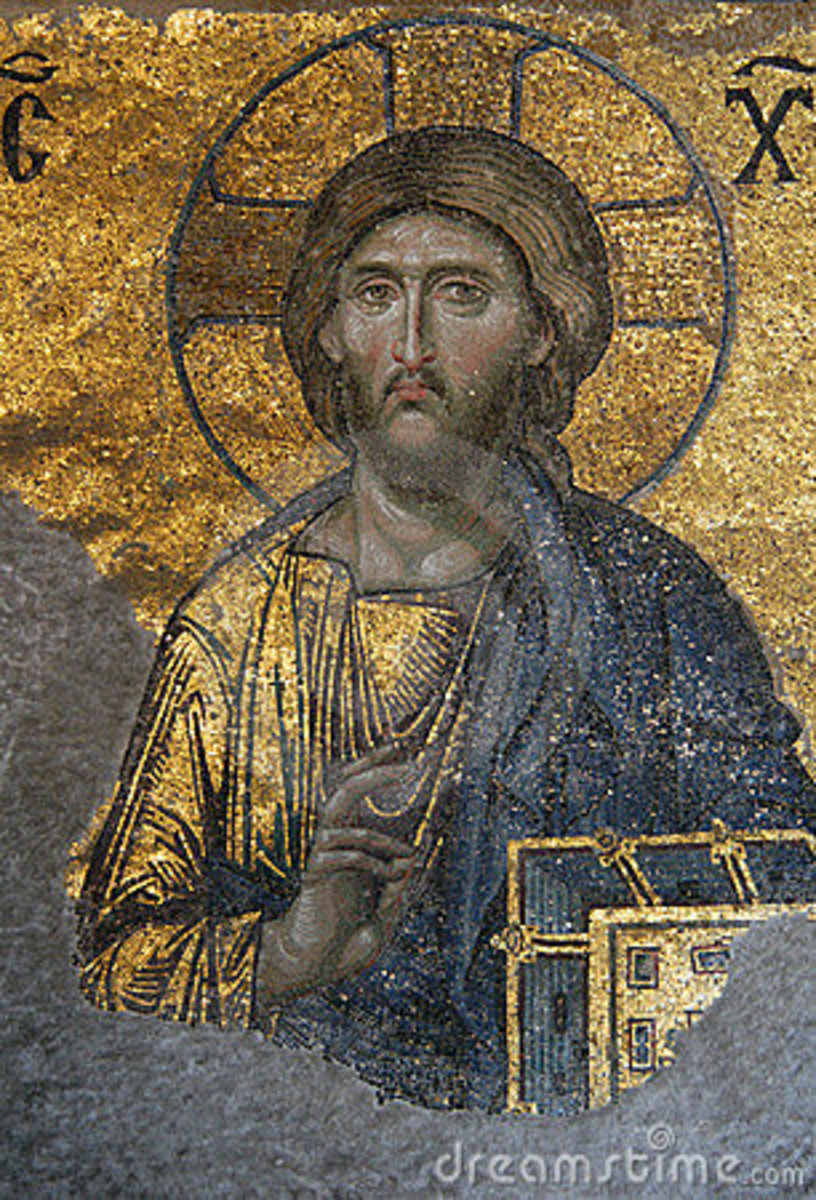Christmas: Christian or Pagan Holiday?

The Origins of Christmas
Every year around Christmas time, various people will start questioning the Christian nature of the holiday by claiming that Christmas started as a pagan holiday and was then “Christianized” by the Roman church.
This may be the case. The Christian Church rose to prominence in a society that had previously been heavily Pagan. Consequently, many of the Pagan festivals were “redeemed” by the Church by associating them with Biblical events surrounding the life of Christ.
In the Roman Empire wherein the Christian Church took roots and eventually rose to prominence, the winter solstice was celebrated by a holiday named Brumalia (bruma meaning “shortest day”). This celebration honored, among other things, Bacchus, the Roman god of wine and merriment.
Brumalia was celebrated by a month of feasting between November 24th and December 25th. This celebration was honored as late as the 6th century, by which time Rome was largely Catholic.
In the northern Scandinavian region, a solstice celebration called Beiwe was celebrated the return of greenery on which the reindeer fed, and of the goddess of the same name rode through the sky on reindeer bones. Since the Saint Nicholas legend also came from this region, many suggested it is probable that much of the current Santa Claus legend was adopted from this earlier celebration.
Just so, some have speculated that the sun-worship associated with solstice was adopted by the church to commemorate the coming of the “Sun of righteousness,” a reference to an Old Testament prophecy Christians associate with Jesus.
Because of the probable pagan influences on the contemporary Christmas celebration, many suggest that Christianity itself is simply a more modern adaption of older religions, or that this holiday is illegitimate.
Regarding the first assertion, it is worth noting that the birth of Christ was not celebrated by any special holiday in the Bible, nor was it traditionally celebrated by the early church, while the death and resurrection of Christ was almost immediately adapted from the prior Passover Celebration of Jewish tradition. Because Christmas, much like Hanukkah, is a later celebration that does not have its roots in the origins of either religion, proving it to be an adaption of a pagan holiday does nothing to disprove Christianity.
But is Christmas an illegitimate holiday because it has pagan origins? This claim is a red herring. Christmas is not a matter of syncretism, the mixing of two religions into one (such as the voodoo of Haiti, which often adopts Catholic elements). If Christians worshiped the sun along with the coming of Christ, or some variation, this accusation might hold water, but the fact of the matter is that, however it started, Christians now worship something entirely different and entirely biblical on this celebration, even if some of the non-religious practices of Christmas may have been adopted.
The birth of the Messiah may not be as significant to Christian doctrine as his death and resurrection, but it is still cause for celebration. As Mary sang when learning of her station as mother to Messiah:
“My soul magnifies the Lord, and my spirit rejoices in God my Savior, for he has looked on the humble estate of his servant. For behold, from now on all generations will call me blessed; for he who is mighty has done great things for me, and holy is his name. And his mercy is for those who fear him from generation to generation. He has shown strength with his arm; he has scattered the proud in the thoughts of their hearts; he has brought down the mighty from their thrones and exalted those of humble estate; he has filled the hungry with good things, and the rich he has sent away empty.”
And as the angels sang to the shepherds:
“…I bring you good news of great joy that will be for all the people. For unto you is born this day in the city of David a Savior, who is Christ the Lord…Glory to God in the highest,
and on earth peace among those with whom he is pleased!”
Christmas is the celebration of the fulfillment of the promise of salvation by the miracle of God coming to earth in the form of a man. So the only relevant question is, “Is Jesus the Messiah?” If he is, then the Christmas celebration is legitimate.








